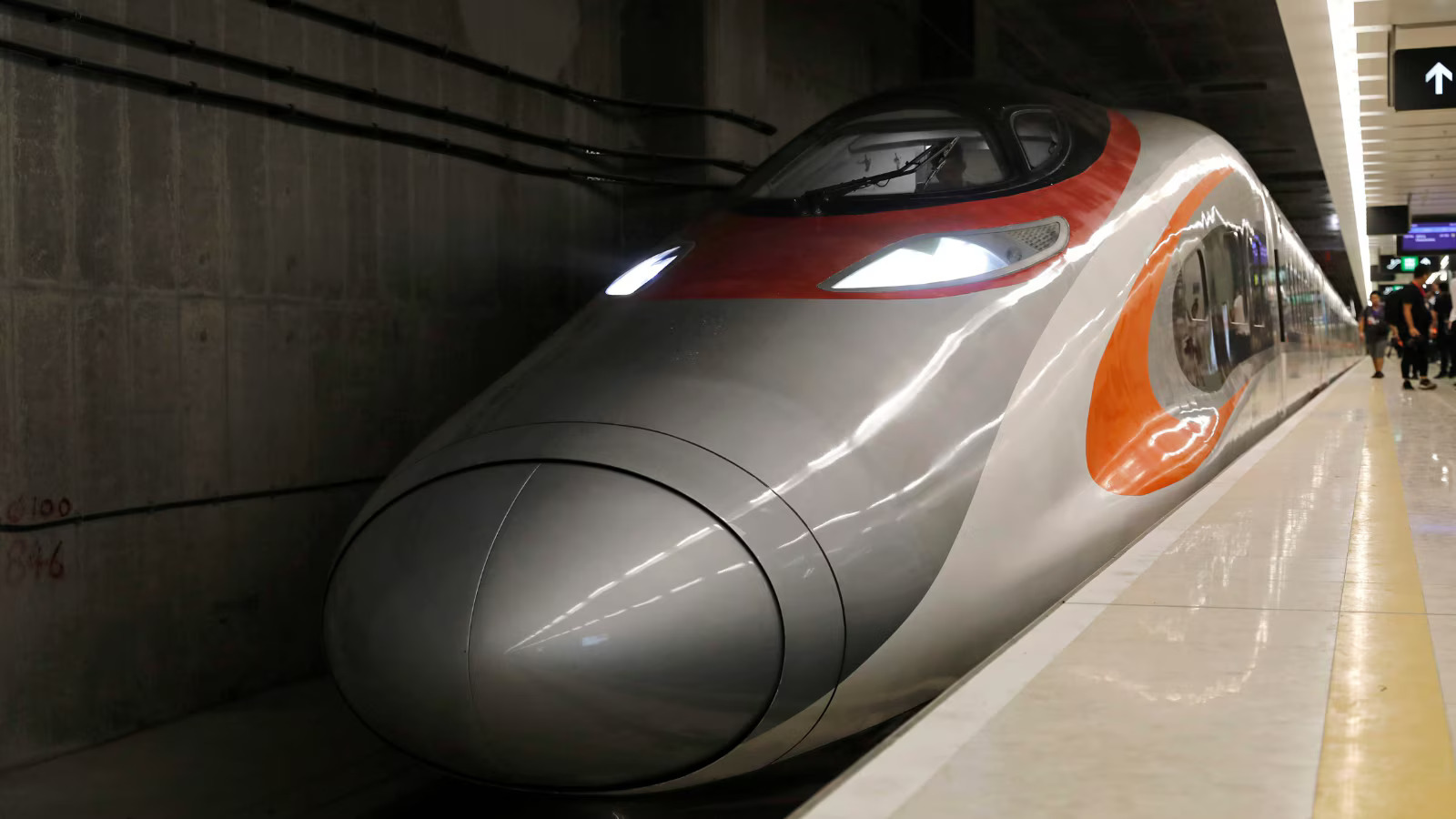Rajasthan is poised for a significant transformation in its connectivity landscape as plans advance to extend the high-speed rail corridor from Ahmedabad to Delhi. This ambitious project, following the rapid progress of the Mumbai-Ahmedabad bullet train, promises to integrate key cities within Rajasthan – including Udaipur, Ajmer, Jaipur, and Alwar – into a modern, efficient transportation network. The initiative is expected to dramatically reduce travel times, foster economic growth, and bolster the state’s position as a vital economic and tourism hub, aligning with national goals for sustainable infrastructure development.
The Mumbai-Ahmedabad bullet train project, a precursor to this extension, is already demonstrating substantial progress, with nearly 300 kilometres of its 508-kilometre total length now prepared for track laying. Building on this momentum, the proposed Delhi-Ahmedabad high-speed rail corridor is envisioned as an 878-kilometre route, designed to facilitate travel at speeds up to 350 kilometres per hour. This expansion represents a strategic investment in India’s future transportation backbone, aiming to create seamless, high-capacity links between major economic centres, thereby enhancing national integration and logistical efficiency.
For Rajasthan, the inclusion of key urban centres like Udaipur, Ajmer, Jaipur, and Alwar on this high-speed corridor is a pivotal development. These cities, renowned for their cultural heritage, burgeoning industries, and educational institutions, stand to gain immensely from enhanced accessibility. The reduced travel times will not only benefit business travellers and tourists but also facilitate greater inter-city mobility for residents, fostering a more interconnected and dynamic regional economy. This improved connectivity is anticipated to stimulate investment, boost local economies, and create new opportunities for equitable development across various districts within the state.
The economic implications of such a high-speed rail network are profound. By significantly cutting down transit times and improving logistical reliability, the corridor will lower the cost of doing business, making Rajasthan a more attractive destination for industries and trade. This enhanced efficiency is crucial for boosting industrial competitiveness, particularly for micro, small, and medium enterprises (MSMEs) that rely on timely movement of goods. Furthermore, the shift towards high-speed rail, a more energy-efficient mode of transport per passenger-kilometre compared to air or road travel, contributes directly to the national agenda of achieving zero-net-carbon emissions and developing eco-friendly cities by reducing the overall carbon footprint of transportation.
The project’s detailed project report (DPR) for the Delhi-Ahmedabad corridor has been completed, as confirmed by the Union Railway Ministry in February 2025. While the full DPR is yet to be made public, the Ministry is actively assessing the project’s practicality and overall utility, indicating a cautious yet determined approach to ensure its long-term viability and impact. This methodical evaluation underscores the government’s commitment to strategic infrastructure planning, ensuring that large-scale investments yield maximum societal and economic benefits.
Adding to the state’s prominence in high-speed rail development, Rajasthan is also hosting the construction of a dedicated high-speed trial track. Located near the famous Sambhar Lake, approximately one kilometre from Nawan town in Nagaur district, this testing facility falls under the Jodhpur Railway Division. The presence of such a crucial testing ground highlights Rajasthan’s role not just as a beneficiary of high-speed rail, but also as a contributor to its technological advancement and safety validation within the country. This infrastructure will be vital for rigorous testing and refinement of the technology before full-scale deployment.
While the direct route may bypass certain major cities like Jodhpur, the broader network effect of such a transformative project is expected to create ripple benefits across the state. Improved connectivity to the core corridor will indirectly enhance accessibility for other regions, fostering a more integrated and robust intra-state transportation system. The high-speed rail project, therefore, represents a significant leap forward in modernising India’s infrastructure, promising a future of faster, more efficient, and environmentally conscious travel that supports the vision of sustainable and equitable urban development across the nation.
Also Read :Mumbai Bullet Train Tunnel Faces Major Delay


